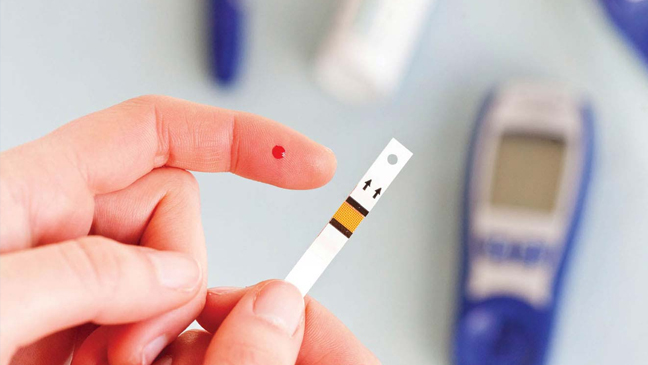Diabetes and Dental Implantation
Diabetes is one of the contraindications for the insertion of dental implantation due to the low implant survival and a high percent of the implant failure. In these articles we collected actual information about diabetes and dental implantation. In what cases is it possible to insert implants to patients, who suffer from diabetes; the most important researches to this subject; results and conclusions on the basis of provided facts.
Within the analysis of the impact of diabetes on the implantation outcome, almost 130 have been studied. We analyze 17 works, which perfectly pass to the required criteria.
Disease
Diabetes is a chronical dysfunction of glucose uptake. Amount of people, suffering from this disease (i.e. almost 430 million in the world) lets us understand HOW MUCH important is the study of the disease and its impact on the human organism.
Actually, diabetes have been one of the most important contraindications for dental implantation for a long time period not without reasons. Attitude to the understanding of this question began to change since 1988 due to the 1st compromissary conference NIH in dental implantation.
Glycemia control
Glucose level directly influences the possibility of conducting the implantation to the patient. There is an interrelation between the blood sugar level and blood circulation dysfunction. Glucose rate is usually measured with the glycohemoglobin A1c (HbA1c).
The figure of HgA1c indicates the percent of non ferment glycohemoglobin in erythrocytes. It show the “average glycose risk” within 2-3 months. The higher is the level of HbA1c, the more complicated is the diabetes stage. Thus, decrease of hemoglobin level is the prior task when treating diabetes. The level of hemoglobin must range from 6.5% to 7.0%.
Masticatory function
Paradontium inflammation usually leads to the loss of teeth. You can often notice that among elder people, who are ALSO likely to have diabetes development. As a CONSEQUENCE of anodontia, the quality of life and health condition decreases. Masticatory function is interrupted, “eating behavior” changes, which in its turn influence the blood sugar level.
To support normal blood sugar level it is important to restore the tooth alignment of a patient.
Diabetes and metabolism
Osseointegration directly influences the survival of dental implant. After that, an important role plays the bone remodeling – it the long-term result.
According to the researches, diabetes of the I and II type are the general factors of interrupted natural bone processes. Scientists have conducted a research, which revealed the correlation between hemoglobin HbA1c level and increase of fractures. That means, it is not clear now, how important is this factor in the analysis of diabetes’ impact on the dental implantation.
In the next part of the article you can read about dental implantation to the patients with diabetes and the outcomes.


